Supreme Court Appears Poised to Further Undercut Voting Rights Act
In a development that has sent shockwaves through the civil rights community, the Supreme Court on Wednesday seemed headed for another ruling that undercuts the landmark 1965 Voting Rights Act. According to sources and observers, Chief Justice John Roberts' comments during oral arguments suggested that the court may be poised to further erode the protections afforded by the law.
The Voting Rights Act, a cornerstone of the civil rights movement, has been largely dismembered since 2013 by the increasingly conservative Supreme Court. However, in 2020, the court upheld Section 2 of the law, which ensures that minority voters are not shut out of the process of drawing new congressional district lines.
During oral arguments on Wednesday, Chief Justice Roberts downplayed the importance of the 2020 decision, suggesting that it was a narrow ruling with limited applicability. This comment has sparked concerns among civil rights advocates and experts, who fear that the court may be setting the stage for further erosion of voting rights protections.
"We're seeing a pattern here," said Danielle Lang, chief counsel at the Campaign Legal Center. "The Supreme Court is chipping away at the Voting Rights Act, piece by piece. If they follow through on this trend, it will have devastating consequences for communities of color and marginalized voters."
The Voting Rights Act was enacted in 1965 to address widespread voter suppression and disenfranchisement practices aimed at African Americans and other minority groups. The law has undergone several amendments over the years, but its core provisions remain a crucial safeguard against voting rights abuses.
In recent years, however, the Supreme Court has issued a series of decisions that have chipped away at the Voting Rights Act's protections. In 2013, the court struck down Section 4(b) of the law, which required certain states with a history of voter suppression to obtain federal approval before implementing changes to their voting laws.
While some experts argue that the court's actions are driven by a desire to limit federal oversight and empower state governments, others see it as a deliberate effort to undermine voting rights protections. "This is not just about limiting federal power; it's about disenfranchising communities of color," said Kristen Clarke, president and executive director of the National Lawyers' Committee for Civil Rights Under Law.
The Supreme Court's latest developments come at a time when voting rights are under increasing scrutiny. With ongoing debates over voter ID laws, gerrymandering, and voter suppression tactics, many experts believe that the court's actions will have far-reaching consequences for American democracy.
As the Supreme Court weighs its decision, civil rights advocates and lawmakers are urging Congress to take action to protect voting rights. "We need to pass legislation that strengthens the Voting Rights Act and ensures that all Americans can participate in our democracy," said Rep. Sheila Jackson Lee (D-TX).
The Supreme Court's ruling on the Voting Rights Act is expected to be issued in the coming months. In the meantime, advocates are urging citizens to stay vigilant and demand action from their elected officials.
Background:
The Voting Rights Act was enacted in 1965 to address widespread voter suppression and disenfranchisement practices aimed at African Americans and other minority groups.
The law has undergone several amendments over the years, but its core provisions remain a crucial safeguard against voting rights abuses.
In 2013, the Supreme Court struck down Section 4(b) of the law, which required certain states with a history of voter suppression to obtain federal approval before implementing changes to their voting laws.
Additional Perspectives:
"The Voting Rights Act is a critical tool for protecting the fundamental right to vote. We need to strengthen it, not weaken it," said Rep. Jamie Raskin (D-MD).
"This decision would be a devastating blow to communities of color and marginalized voters. We cannot let that happen," said Rev. William J. Barber II, co-chair of the Poor People's Campaign.
Current Status:
The Supreme Court's ruling on the Voting Rights Act is expected to be issued in the coming months. In the meantime, advocates are urging citizens to stay vigilant and demand action from their elected officials.
*Reporting by Npr.*
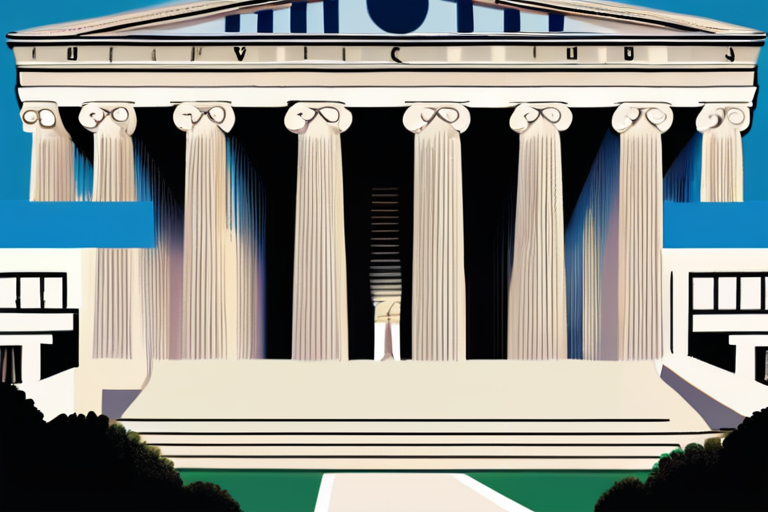

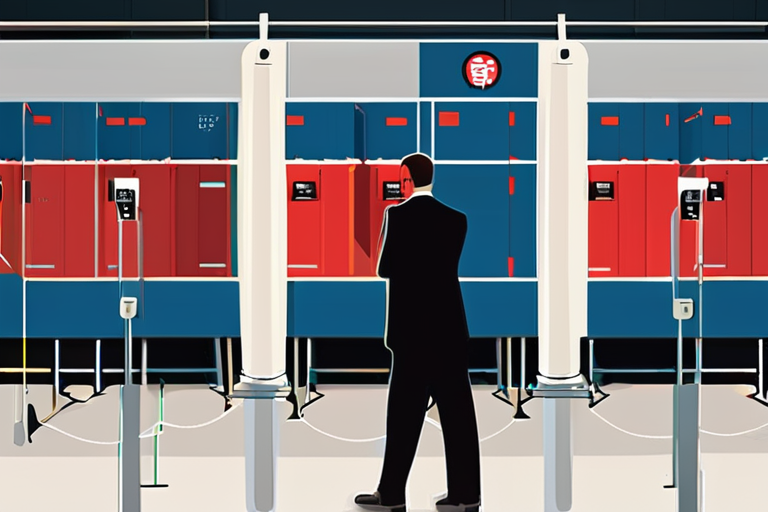
 Hoppi
Hoppi
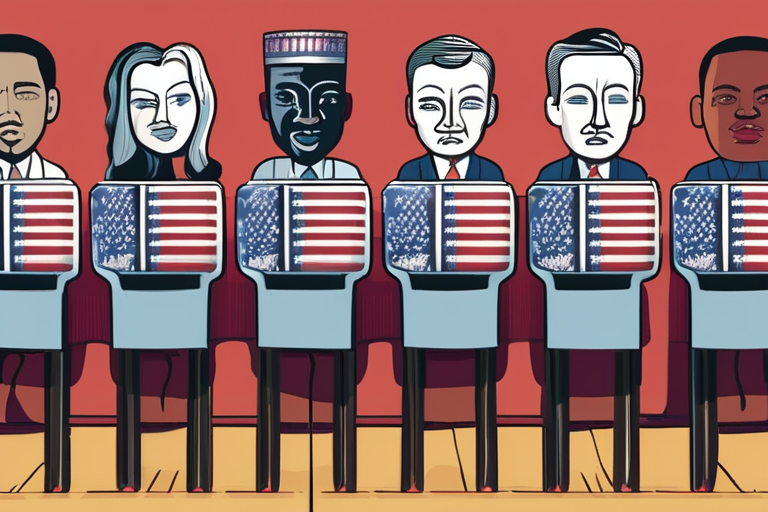
 Hoppi
Hoppi
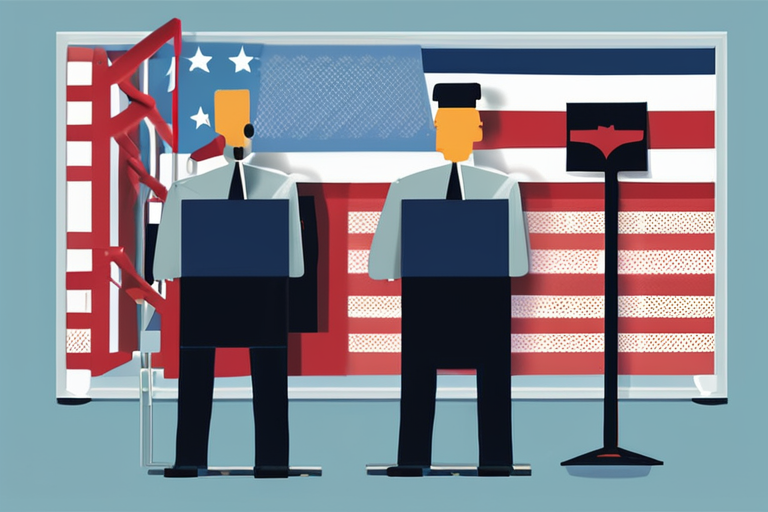
 Hoppi
Hoppi
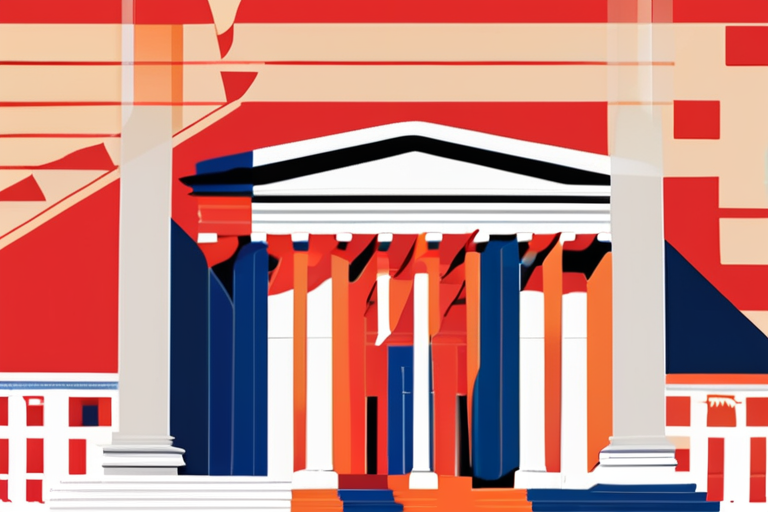
 Hoppi
Hoppi
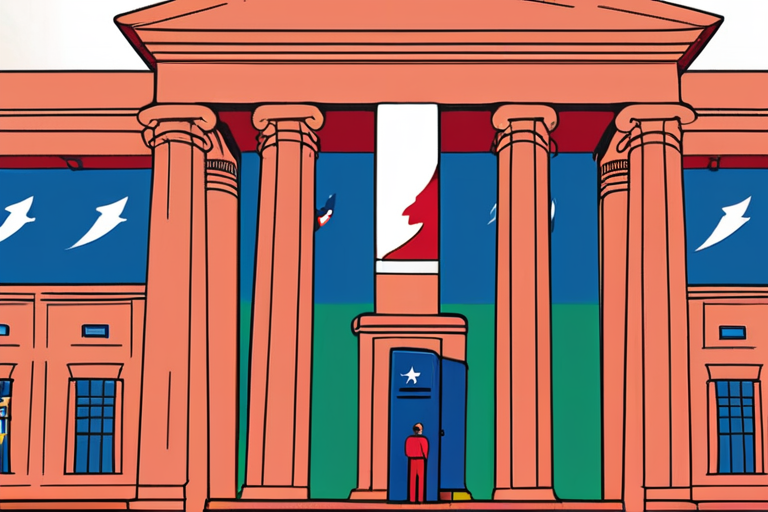
 Hoppi
Hoppi
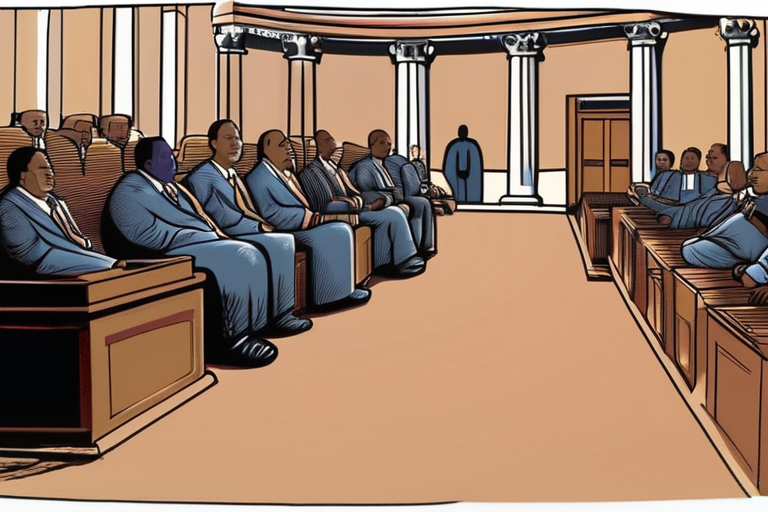
 Hoppi
Hoppi











